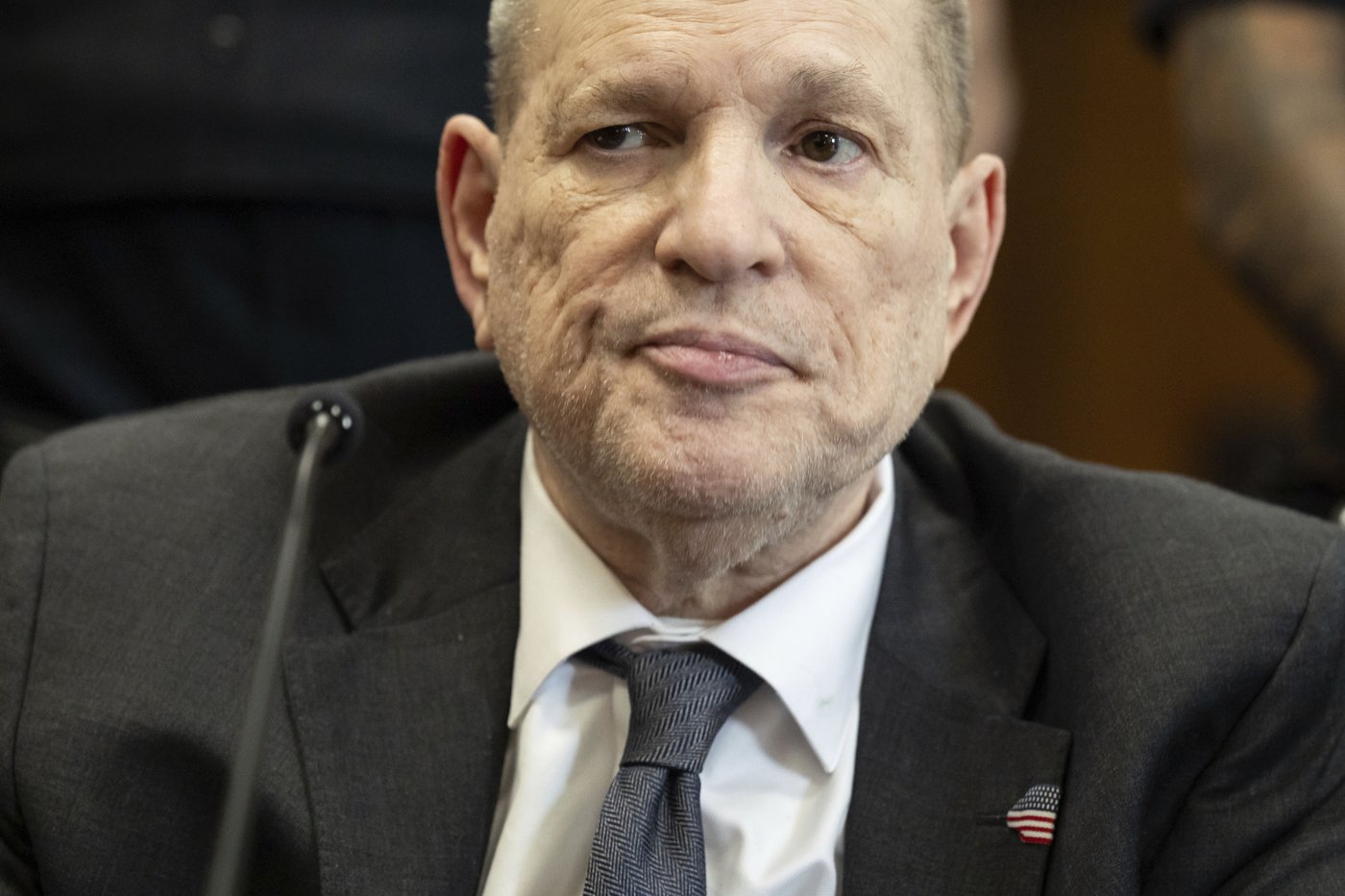Elevate your local knowledge
Sign up for the iNFOnews newsletter today!
Sign up for the iNFOnews newsletter today!
Selecting your primary region ensures you get the stories that matter to you first.

NEW YORK (AP) — The jury foreperson in Harvey Weinstein ’s sex crimes retrial complained Monday that some jurors were prodding others to change their minds, talking about the former studio boss’ past and going beyond the charges as they deliberate.
“I feel like they are attacking, talking together, fight together. I don’t like it,” the foreperson said, according to a transcript of his closed-door conversation with Judge Curtis Farber and the prosecution and defense teams.
The foreperson said he believed the jury was tasked only with considering “what happened at the time, in the moment” of the crimes alleged by the prosecution, but others “are pushing people, talking about his past.”
“I feel it is not fair taking the decision about the past,” the foreperson said. He added that others pushed people “to change their minds,” when he thought they instead should seek to answer one another’s questions and “let that person make a decision.”
He didn’t specify what parts of Weinstein’s past came up. An Oscar-winning movie producer, Weinstein was one of Hollywood’s most powerful figures until a series of sexual misconduct allegations against him became public in 2017, fueling the #MeToo movement and eventually leading to criminal charges.

After hearing from the juror, defense lawyer Arthur Aidala implored Farber to declare a mistrial, calling it a “tainted,” “rogue” and “runaway” jury.
“People are considering things that were not brought into this trial as evidence,” Aidala argued in court without jurors in earshot. “It’s not fair. They are talking about the past. It’s not about the past.”
Prosecutor Matthew Colangelo argued that the juror’s concerns didn’t warrant a mistrial, noting that some aspects of Weinstein’s past were allowed into evidence. His accusers were allowed to say they had other unwanted sexual encounters with Weinstein besides those underlying the charges, and they were permitted to mention seeing the groundswell of allegations against Weinstein in the news media in 2017.
Farber denied the mistrial request but reminded jurors to weigh only evidence presented during the trial. At the jury’s request, he also went over the definition of reasonable doubt and rules about conducting deliberations — requests that suggested they remained far apart on a verdict.
Weinstein, 73, has pleaded not guilty to two counts of committing a criminal sex act and one count of rape. The jury of seven women and five men began deliberating on Thursday.

Weinstein was originally convicted in New York in 2020 of rape and sexual assault charges involving two women. The verdict was considered a landmark in the #MeToo movement.
But the conviction was subsequently overturned, leading to his retrial — with an additional accuser added last year — before a new jury and a different judge. Meanwhile, Weinstein is appealing a 2022 rape conviction in Los Angeles.
Just after the New York jurors returned to court Monday, the foreperson sent a note saying he wanted to speak to the judge “about a situation that isn’t very good.”
Farber decided to hear the foreperson’s concerns in his robing room, outside the view of reporters, the public and Weinstein, who waived his right to sit in on the discussion. The judge later said he held the conversation in private “solely for purposes of enabling that juror to speak freely.” A transcript of the conversation was available later.
Yet before the judge and lawyers even had resolved how to address the foreperson’s complaint, another juror asked to speak to the court. When brought into court, she volunteered that things were “going well,” and ”We’re making headway.”

She said the “tone is very different” than on Friday, when still another juror asked to be excused because he felt other jurors were treating one member of the panel in an “unfair and unjust” way. The judge told that juror to keep deliberating and denied a defense request for a mistrial over the issue.
After the third juror relayed her impressions Monday, deliberations continued. Jurors asked at one point to re-hear a psychologist’s testimony about why sexual assault victims may continue to have relationships with their attackers.
They left for the day with a note saying they were “making good progress” and wanted to start off Tuesday by getting copies of emails and other evidence pertaining to one of the three accusers in the case. And, they said, they’d like some coffee.
Alas, Farber soon told them, the state court system doesn’t provide deliberating jurors with any food or beverage except their daily lunch.
“So I’ll leave it to the jury to decide how to proceed on that front,” he said.

Want to share your thoughts, add context, or connect with others in your community?
You must be logged in to post a comment.